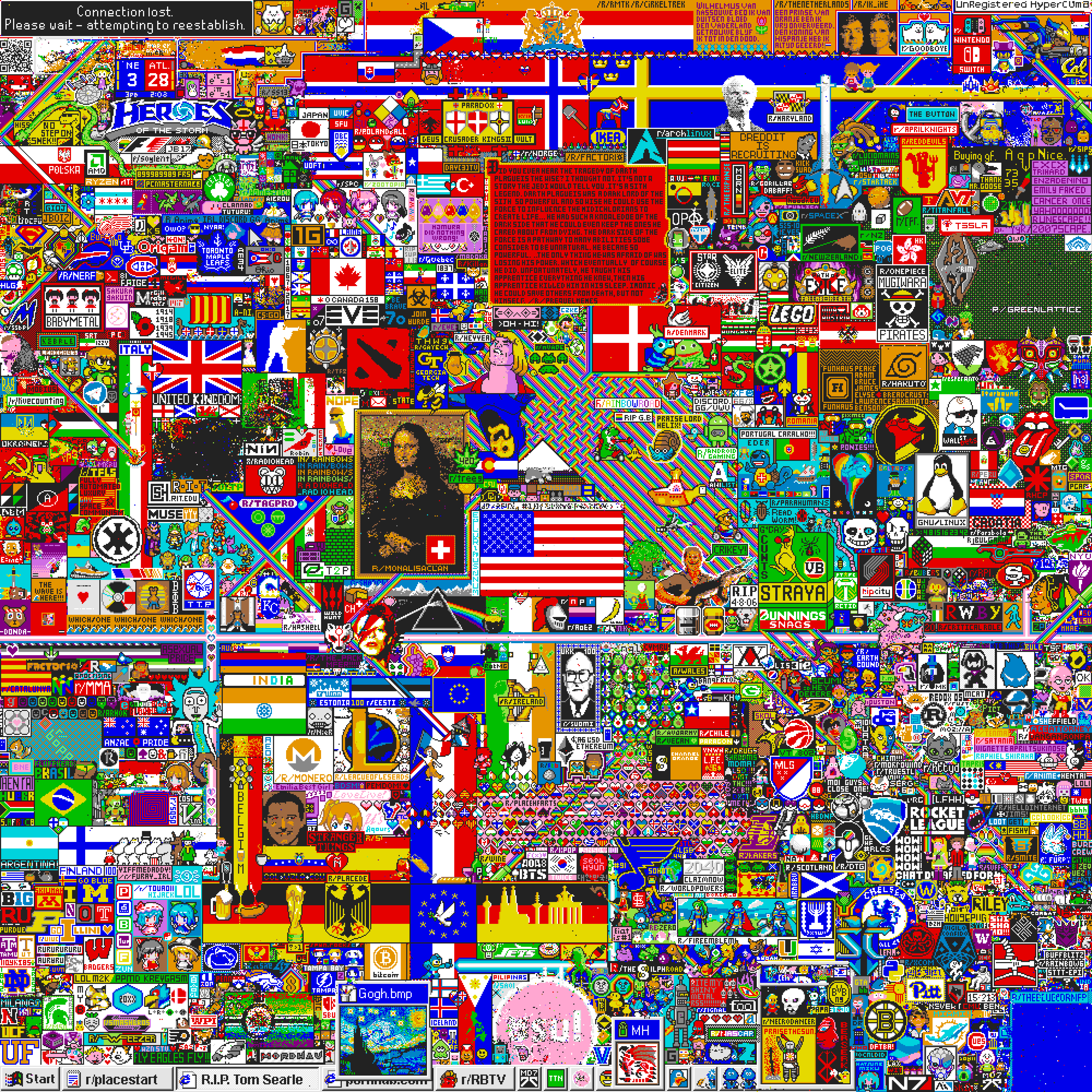Clay Shirky on building social software
Clay Shirky: A group is its own worst enemy
Written in 2003, Shirky observes a strange phenomenon in that social software is expanding rapidly and yet groups tend to sabotage themselves in predictable ways. This gives rise to the question: "Is there anything we can say with any certainty about building social software, at least for large and long-lived groups?"
With regard to the self-destructive behavior that these groups partake in, Shirky references Bion's idea about social groups. I agree that identification and vilification as well as religious veneration can be quite destructive. However, I have yet to witness sex talk as a destructive force. Personally, I think that a social platform cannot succeed if it cannot be used for sex talk in some capacity. My go-to examples would be communities like Reddit, 4chan, Instagram, and Tumblr. I agree that most human communities will move toward these topics, however I think they might not be all that destructive as Bion makes it out to be.
Another accurate observation from Shirky is that novel communities and communication technology are ever growing, and we still see that today. Indeed, my thesis is that technology drives our society, so it makes sense that in our ever advancing society, our communities continue to change. Shirky even observed it in 1993, with USEnet, the WELL and IRC.
Building social software is undeniably tough, and most successful groups have hard-to-replicate circumstances that truly define the community. However, Shirky does give us two sets of axioms regarding building meaningful social software from his experience and observations. These are excellent points and something I'd strongly consider if you're building social software.
Things to Accept:
- You cannot separate technical and social issues.
- Members are different than users.
- The core group has rights that trump individual rights in some situations.
Some of these may not be readily apparent if you haven't spent time observing digital communities. However, Shirky makes two important points on this topic. Members who hold citizenship in a group uphold the laws which define it. So, when the ability to log in is the same as citizenship, the group can quickly deteriorate. Citizen members and a clear 'constitution' are crucial for a successful community.
Things to Design for:
- Users have to be able to identify themselves and there has to be a penalty for switching handles.
- Second, you have to design a way for there to be members in good standing.
- Three, you need barriers to participation. [..] The user of social software is the group, not the individual.
- And, finally, you have to find a way to spare the group from scale.
If you think about these rules, many successful communities today follow the first and second. However, in current and previous generations of social software, openness and large scale are the hallmarks of 'modern social media'. Perhaps the next generation will address the third and fourth points more earnestly, I think there is a lot of value there.
This was a fantastic read and I would highly recommend you check out Shirky's blog if you liked his article above. This gives me a lot to think about while building online communities!
